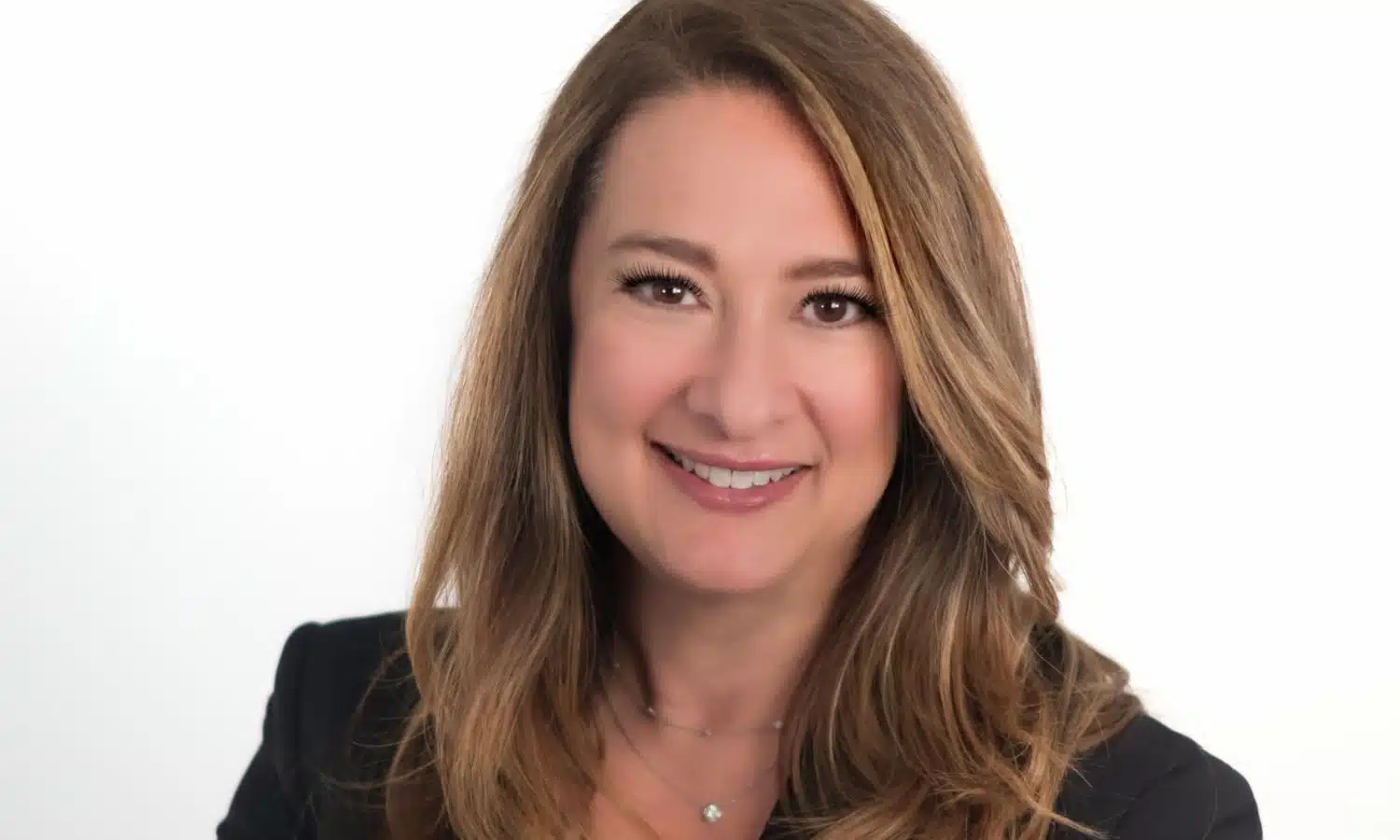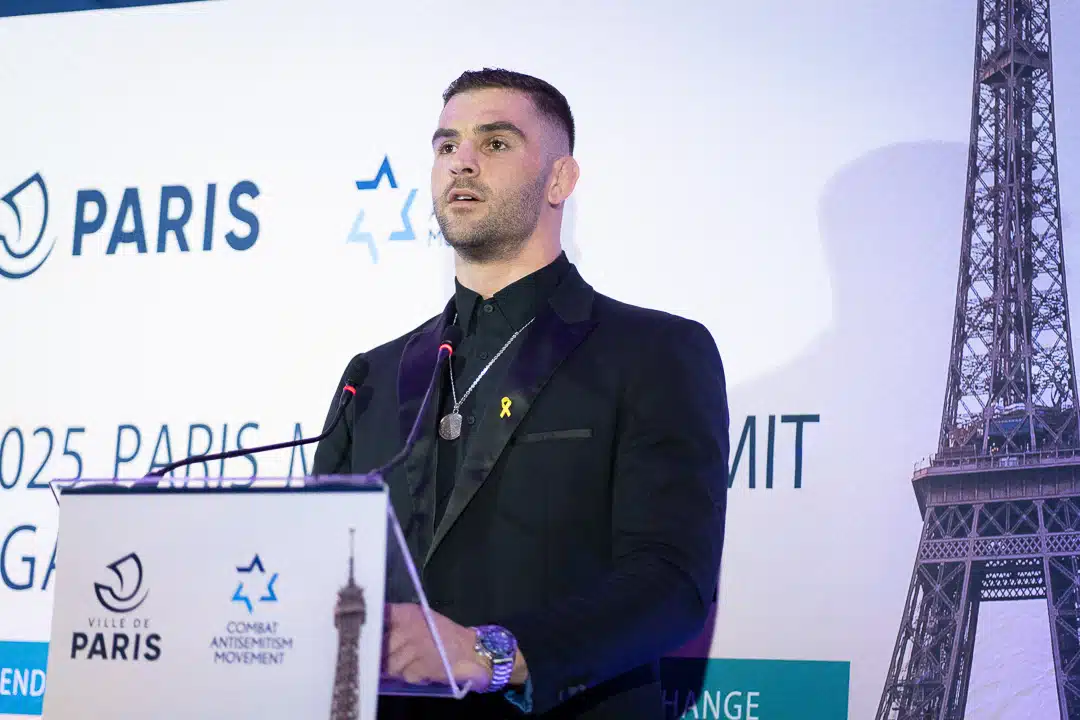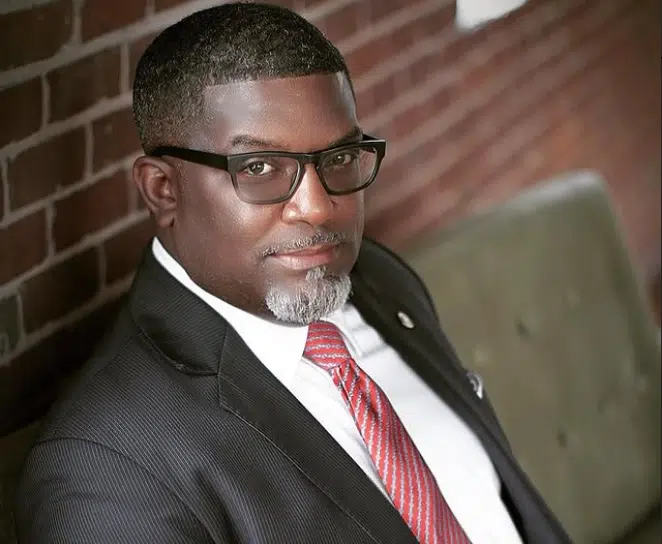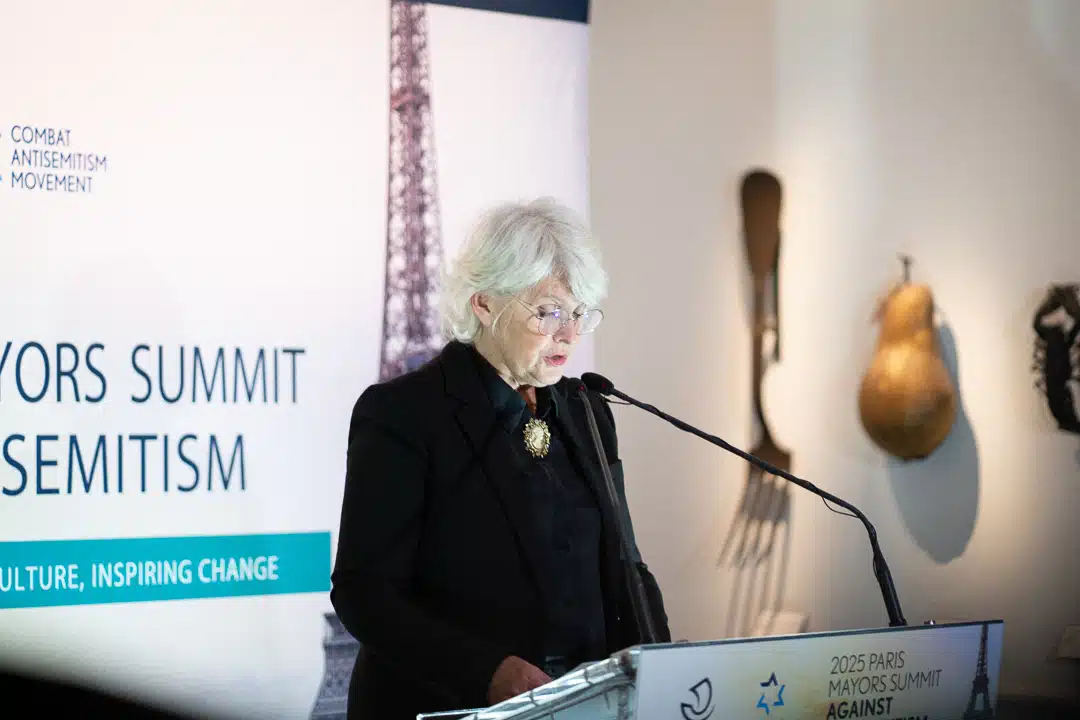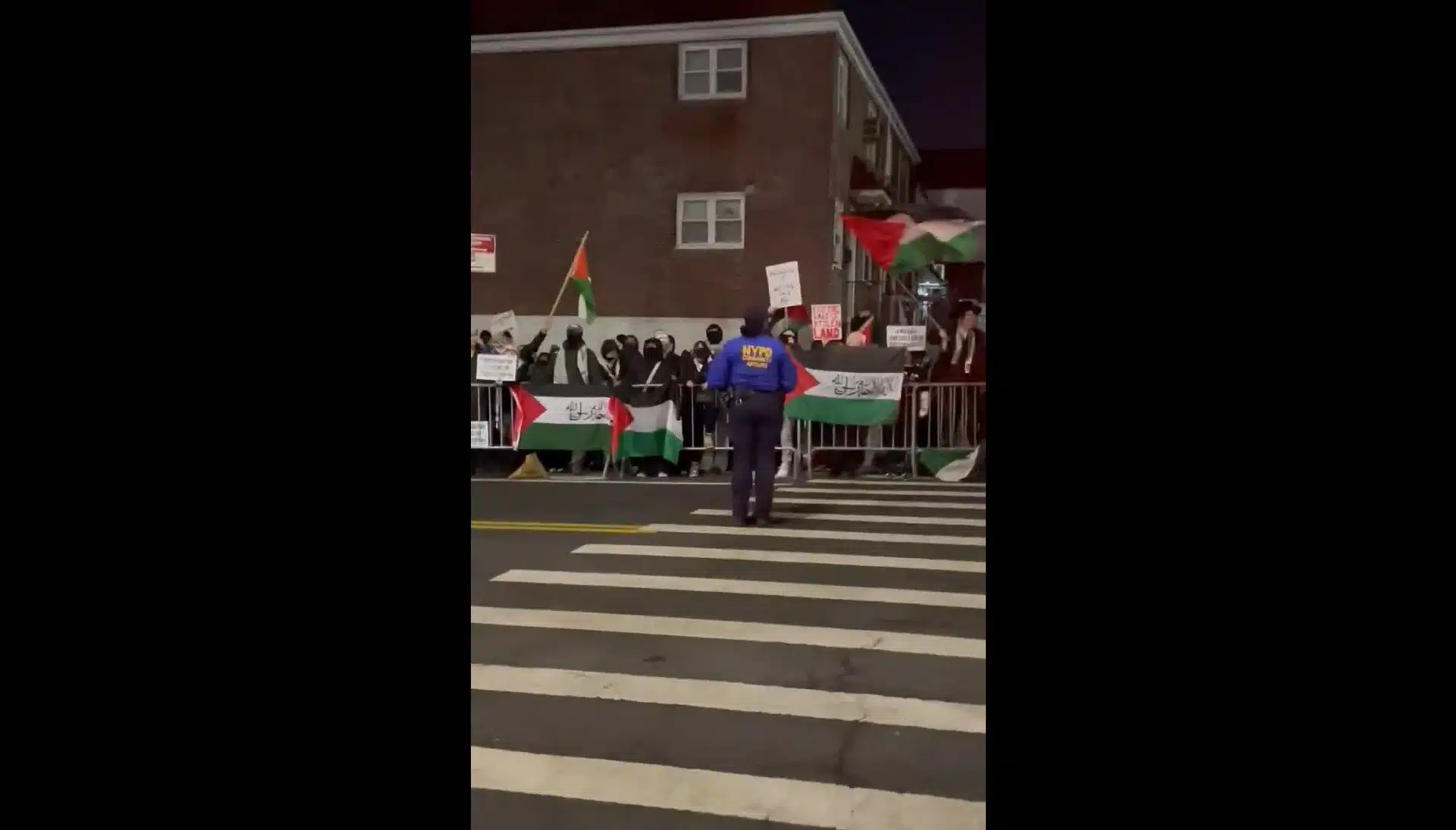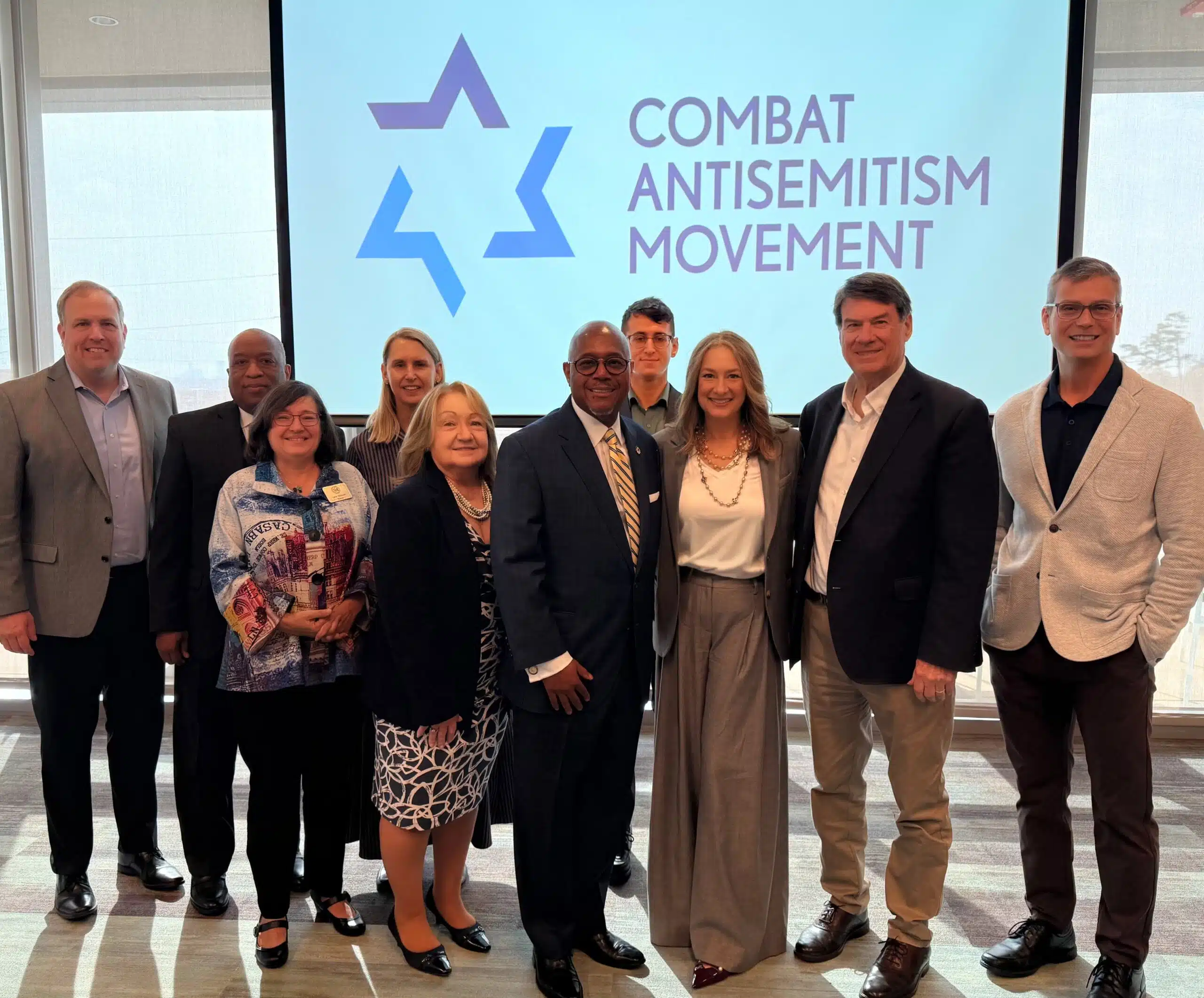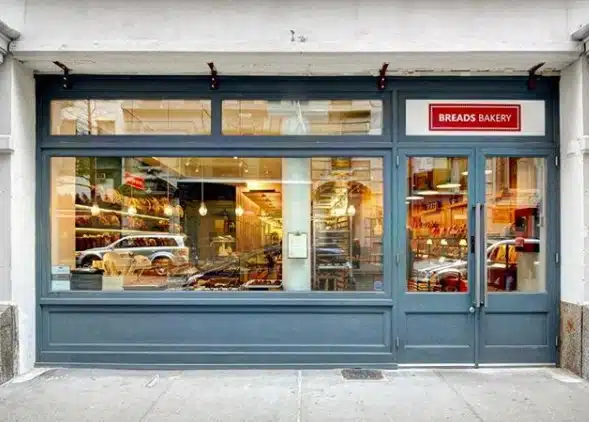|
Getting your Trinity Audio player ready...
|
For the last decade, Lisa Katz served as a councilwoman on the Town Board of New Castle, a Westchester County suburb of New York City, including a two-year tenure as town supervisor that ended at the start of January.
Shortly before her term came to a close, Katz traveled to Fort Lauderdale, Florida, to attend the 2023 North American Mayors Summit Against Antisemitism, organized by the Combat Antisemitism Movement (CAM). This annual forum drew representatives of nearly 60 municipalities from across the continent for discussions on cities-oriented approaches to securing and nurturing Jewish life — a mission that has turned even more daunting amid the global surge of Jew-hatred triggered by the Hamas attack in Israel on October 7th.
While Katz is no longer an elected official, the fight against antisemitism remains close to her heart, and she spoke with CAM Editor-in-Chief Barney Breen-Portnoy this week to reflect on the summit and share her insights on how to tackle the growing bigotry being faced by Jewish communities worldwide.
How did the North American Mayors Summit Against Antisemitism contribute to your understanding of the nature of modern-day antisemitism and ways to confront it?
“I was very fully aware of it before I went to the summit, unfortunately. I’ve been pretty proactive in my town. We adopted the IHRA Working Definition of Antisemitism in 2021. Some of the speakers at the summit were fascinating. For example, I loved hearing Laura Ellsworth talk about working with sports personalities. I think that’s really important, because so many kids, and adults for that matter, who are not educated enough on these issues, they are just yelling ‘From the river to the sea’ and have no idea what they are talking about, they look to entertainment personalities for guidance. I actually came back and took it to the local high school, and we had the captain of the football team speak out against antisemitism.”
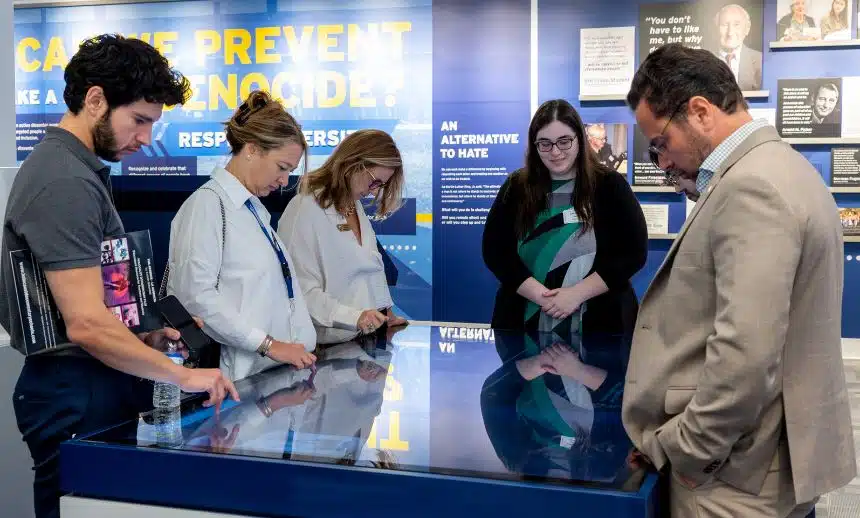
What specific actions are you already undertaking or are planning to undertake in your city against antisemitism?
“Adopting the IHRA definition was really important. A lot of towns are starting to do that, but then they’re not following through on what that actually means. It’s a great talking point to say you adopted it if you want to check something in your DEI (diversity, equity, and inclusion) box, but you need to follow through and understand what that means. What does it mean for antisemitism to be a hate crime? I think we need to educate a lot more mayors to really take a stand on this. We also have to get the schools involved, because the situation at the colleges, and the next generation coming up, is really troublesome.”
“I think the IHRA definition is important because so municipalities are focusing on DEI, and Jewish people are not included in a class of individuals who should be protected or against whom hate crimes can be committed, because a lot of us are white, and we don’t look typically like people who need to be protected. But we do, going much further back, historically, than probably any other group. The IHRA definition puts it on the record that Jews are a group who need to be protected, and that there are hate crimes that can be committed against Jews, and yelling ‘From the river to the sea,’ which is anti-Zionist and essentially saying ‘Kill all Jews,’ is actually a hate crime.”
“Now the next step is to make sure, if people are still keeping their DEI curricula and committees, this needs to be something that becomes an integral part of that, which I think has been missing.”
What other strategies or approaches have you found particularly effective in addressing contemporary manifestations of antisemitism?
“We’ve had a lot of speakers come in, and we have a very strong Holocaust and Human Rights Committee. We honor Holocaust Remembrance Day. We are trying to hold now open panel discussions for people to be educated on the post-October 7th world and understand what is taking place. I have my own strong views on this, but we’re trying to do it in a way where everyone’s opinion feels valued, and it’s more educational.”
“Like yes, you feel bad for Palestinians, and terrible about any innocent lives being lost on any side in any conflict, but that doesn’t mean its ok to yell ‘From the river to the sea.’ If you’re yelling ‘Ceasefire now,’ without adding ‘Free the hostages’ and ‘Down with Hamas,’ it doesn’t make any sense. Education and critical thinking are really important.”
“And it shouldn’t be a Democrats vs. Republicans thing. It shouldn’t be a party issue, it’s a human issue. Educating mayors to basically have the wherewithal to go there, and not just kind of hide behind ‘I don’t want anyone to be mad at me because I want to be reelected,’ I think it’s really important to facilitate those kinds of conversations.”
What roadblocks do municipal authorities face in implementing strategies and initiatives against antisemitism?
“I live in a very passionate town. There are a lot of politics and opinions. I had people screaming at me all the time. Most of us in politics have a strong backbone. But you’re going to get people on both sides of issues, and it’s hard. I flew the Israeli flag in my town on October 8th, and I got a lot of people thanking me, and a lot of people saying, ‘When did we do that? Who decided that?’ And I said, ‘I decided it.’ With my Town Board, of course, but that was more of a FYI.”

